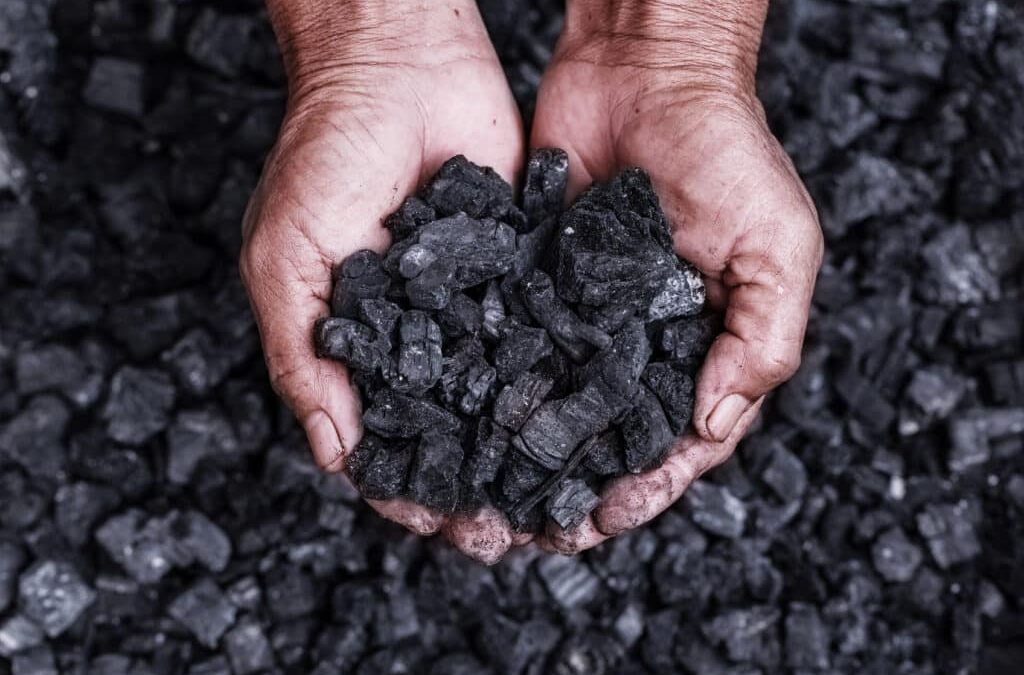There’s nothing fashionable about coal these days, but Glencore PLC’s (LSE:GLEN) latest site visit to its newly acquired coking coal mines in British Columbia suggests it’s still capable of digging out value where others aren’t looking.
Coking coal, the hard stuff used in steelmaking, not the kind burnt in power stations, has become an increasingly tight market, especially for the higher-grade material needed in newer, more efficient blast furnaces.
That’s particularly true in India, where steel demand is booming.
Glencore’s $6.9 billion acquisition of the Elk Valley Resources (EVR) business from Canadian miner Teck raised a few eyebrows, not least because of the sector’s tougher near-term outlook.
But on the ground, things look more promising than many expected.
Deutsche Bank, which visited the site, reported that “coal is Glencore’s strongest division operationally”, adding that EVR “materially upgrades the asset quality of the group”.
The trip included two of the four mines and the Neptune port terminal, with management showing progress on both cost-cutting and integration.
Citi’s analysts came to a similar conclusion. “The site visit to EVR coking coal operations in Canada supports the notion that Glencore has acquired a well-invested asset with upside from marketing and operational improvement,” they said.
Legacy environmental issues, including discharge water quality, appear to have been addressed through significant investment in treatment facilities.
And while pricing remains under pressure, Citi sees potential for a premium as Glencore looks to sell higher-CSR coal, a measure of how well the coal performs in furnaces, into growing markets.
The kicker? Glencore believes new initiatives at the site could add around $400 million to annual earnings before interest, tax, depreciation and amortisation within two to three years.
That’s a meaningful boost when the shares still trade well below Deutsche’s 400p target. They are currently changing hands for 285p each.
Not everyone will be comfortable backing coal, but for those who can stomach it, Glencore’s latest move might just prove to be more than a lump of black rock.



